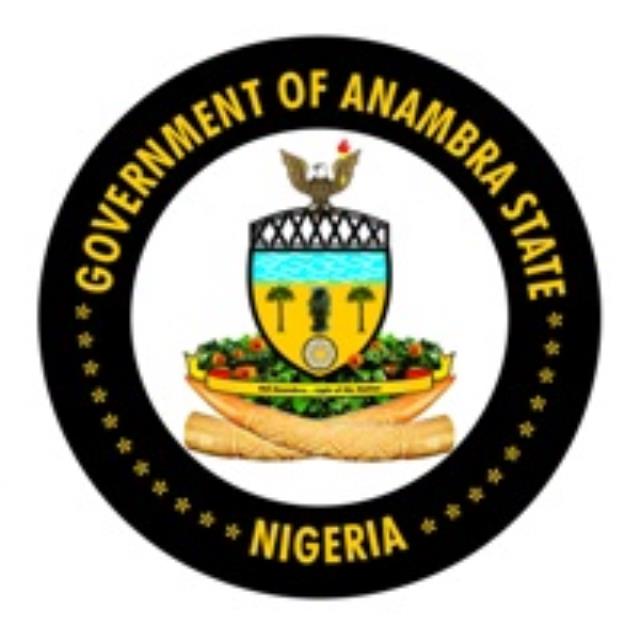Written By: Ifeanyichukwu Afuba
The present Anambra State Government, since inception in 2014, has made enormous milestones in the education sector worth celebrating. From 2015 to date, Anambra State has been ranked second in the West African Senior School Certificate Examination states performance. In 2016, the State contingent to an international schools debate in South Korea took third position.
Earlier in 2015, a Mathematics teacher, Mrs. Rose Nkemdilim, won the Best Nigeria Teacher contest. Mr. Clement Okodo of Abagana Central School, clinched the Best Teacher in Nigeria award in 2017. While the applause over Regina Pacis gold medal at the 2018 World Technovation Challenge was still loud, Loretto Special Science School, Adazi Nnukwu won first position in a national secondary schools assessment.
It emerges that recognition of Ndi Anambra’s meritorious strides is one of the secrets of Anambra’s educational successes. Hence, apart from honouring Miss Ego Maduafokwa of Ihiala who is the best candidate in the 2020 UTME with an outstanding score of 365, the Anambra State Government in mid July 2020 felicitated with Professor Charles Egbu of Abatete on his historic appointment as Vice Chancellor of Leeds Trinity University.
Conscious that children and youths are impressionable, Governor Willie Obiano has sought to inspire them to greater heights by holding up models for their emulation. This provides a motivation not just to learn but to seek to excel. The honour incentive is aligned to and consistent with the Core Values enunciated by the administration at inception. The ‘yes, I can do’ spirit is a key to the State’s gains in education.
Provision of infrastructure and facilities is another. Of the State’s one thousand and fifty-six public primary schools and 262 secondary schools, the Obiano administration has renovated 1000 units of classroom blocks and built 100 new ones. These structures are fairly distributed in all the 21 local government areas of the State. At the Special Education Centre, Isulo, there are new student hostels and teachers’ quarters. Appreciable progress has been made on the 750 bed hostel construction going on simultaneously at Umueri, Onitsha, Enugwu-Agidi, Umuchu and Umunze technical colleges.
Capacity building is also at the forefront of educational development. With a one teacher, one laptop policy introduced in 2015, teachers ICT compliance rate stands at about fifty percent today. By 2014, the State’s 12 technical colleges did not have the accreditation of National Board of Technical Colleges (NBTC). However, pursuant to a programme of revamping educational institutions and capacity building, 23 courses of the technical schools have been fully approved, with the institutions now listed in the Directory of Technical Colleges.
In 2017, twenty-eight technical science teachers were sponsored to Singapore for a close experience of her technical and vocational education. Anambra state government equally has partnership with Innoson Motors through which students go for training on vehicle body building and maintenance.
At inception, the Obiano administration had taken the lead on funding of education by continuing with the State – Mission partnership. As at 2019, it had given more than one billion naira in grants to schools returned to Church agencies. Monthly subvention to Special Education Centre, Isulo was increased by Governor Willie Obiano from fifty thousand naira to five hundred thousand naira.
There are at least four strands of scholarship being run by the State Government. All physically challenged children are eligible to enjoy free tuition studies. Technical students in the three junior classes are exempted from paying school fees. The administration has awarded N30m scholarship to 100 indigent students selected from Anambra West, Ogbaru, Awka North and Ayamelum local government areas.
There is also the cover for the six Technovation medalists up to first degree placed in trust with the Catholic Archdiocese of Onitsha. Convinced of their merits, the administration continues to extend incentives to teachers in the face of financial difficulties. A twenty percent salary allowance for teachers in remote areas was instituted in 2014.
With all hands on deck in Anambra’s education industry, it is easy to see why the sector continues to record milestones in the present dispensation.









Comments are closed for this post.